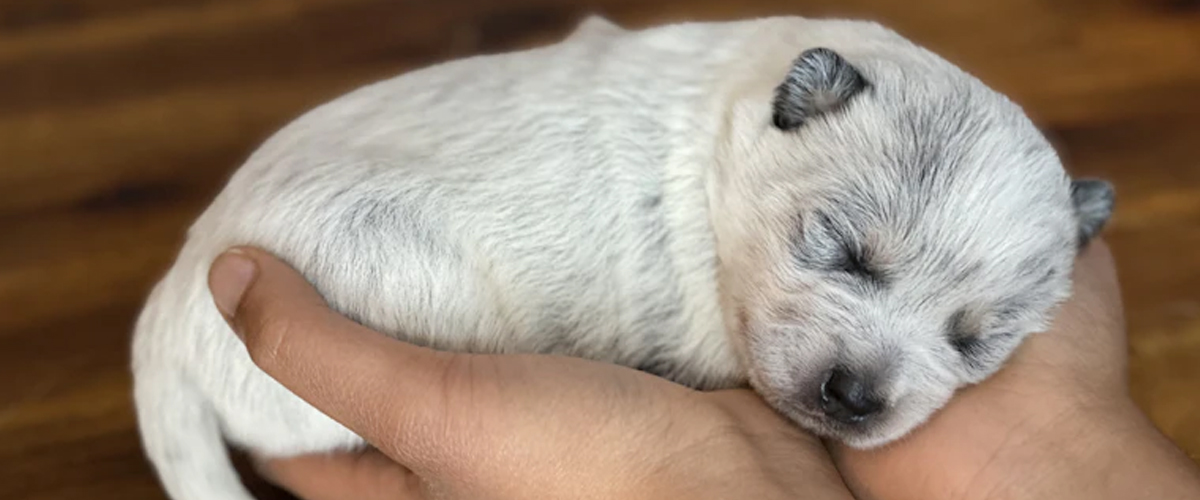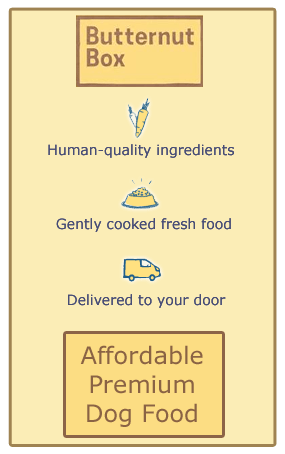From the moment they enter the world, puppies are bombarded with sensations that shape their understanding of the environment around them.
Among the five senses, touch plays a crucial role in this early stage of development.
The tactile experiences that puppies encounter lay the foundation for their social skills, emotional stability, and even their physical health as they grow.
Let’s explore the significance of touch in a puppy’s life and how it influences their journey of exploration.
THE IMPORTANCE OF EARLY TOUCH
Puppies are born with their eyes and ears closed, making their world initially a dark and silent one.
In these first few weeks of life, their primary means of interaction is through touch.
The soft fur of their mother and the bodies of their littermates provide them with essential comfort and security.
This physical contact fosters a sense of belonging and helps them develop trust—elements that are vital for their emotional well-being.
During this period, puppies experience essential tactile sensations through their paws, skin, and whiskers.
They learn about their body in relation to their surroundings.
For example, as they crawl and stumble over each other, they begin to refine their coordination and balance.
This exploration through touch not only enhances their physical development but also stimulates their curiosity about the world beyond their immediate environment.
EXPLORING THE WORLD THROUGH TOUCH
As puppies grow, their curiosity grows alongside them.
Once they begin to explore their surroundings, touch continues to play a vital role in their learning process.
When they encounter various textures—like grass, concrete, and fabric—they gather valuable information about their environment.
Puppies are naturally inclined to investigate through mouthing and chewing.
This behavior allows them to understand the world in a tactile manner, leading to a deeper understanding of objects around them.
For instance, walking on different surfaces provides puppies with varied tactile experiences that help them learn how to navigate their environment.
A soft rug feels different than a rough patch of dirt, and each experience contributes to their understanding of how to react in different situations.
The sensation of water splashing against their paws or the feel of a toy tugging against their teeth expands their sensory repertoire, making exploration more rewarding and enjoyable.
SOCIAL INTERACTIONS AND TOUCH
The role of touch in social interactions among puppies is particularly noteworthy.
Playful nudges, gentle bites, and snuggles with littermates are all forms of tactile communication.
Through these interactions, puppies learn essential social skills, such as bite inhibition, body language, and empathy.
They understand boundaries and develop a sense of trust among their peers.
Human interaction also plays a significant role in a puppy’s tactile journey.
Gentle handling, petting, and cuddling help puppies bond with their human caregivers.
This positive reinforcement fosters attachment and security, which are important aspects of their emotional development.
When touched in a kind and reassuring manner, puppies learn that they can rely on their humans for comfort and protection.
THE THERAPEUTIC EFFECTS OF TOUCH
Touch isn’t just beneficial for learning and socialization; it has therapeutic effects as well.
Physical contact can reduce stress and anxiety, making it vital for your puppy’s mental health.
Techniques like gentle massage or soothing strokes can alleviate tension and promote relaxation.
The calming effect of touch can be particularly useful during stressful experiences, such as vet visits or loud noises.
Additionally, as puppies age, regular tactile interactions can help build their confidence.
Grooming, for instance, provides an opportunity for bonding while familiarizing them with hands-on experiences, making them more comfortable with handling as they grow.
CONCLUSION
Puppies embark on a tactile journey that is fundamental to their development.
Touch shapes their understanding of the world, fosters emotional connections, and equips them with the social skills necessary for navigating their relationships.
As caregivers, embracing this tactile journey through gentle handling, interactive play, and nurturing contact can positively impact their growth and well-being.
By providing a rich sensory environment, we help puppies thrive, laying the groundwork for happy, healthy adult dogs.









